Generational renewal is a core issue in European agriculture. Despite the continuous efforts of governments and the EU Council, the ageing of farmers seems an unstoppable process, accompanied by land concentration, the decrease in agricultural activity and the transformation of the European countryside. Consequently, there is a very rich scientific literature analysing the problem; a great part of it argues that the young farmer problem consists, in fact, in a number of different problems, with these problems showing huge regional differences. Hungary, as a new member state, with a heterogeneous (both fragmented and concentrated) land-use structure offers a good field to analyse generational renewal. Our paper is based on the first results of an ongoing Horizon 2020 project analysing rural regeneration. As a part of the research study, 48 semi-structured interviews were conducted with young farmers, successors of farmers and new entrants into farming. In our paper, we explore how education, access to land and family traditions influenced generational renewal and how it impacts sustainability practices.
Continue reading

Sustainability and Agricultural Regeneration in Hungarian Agriculture


